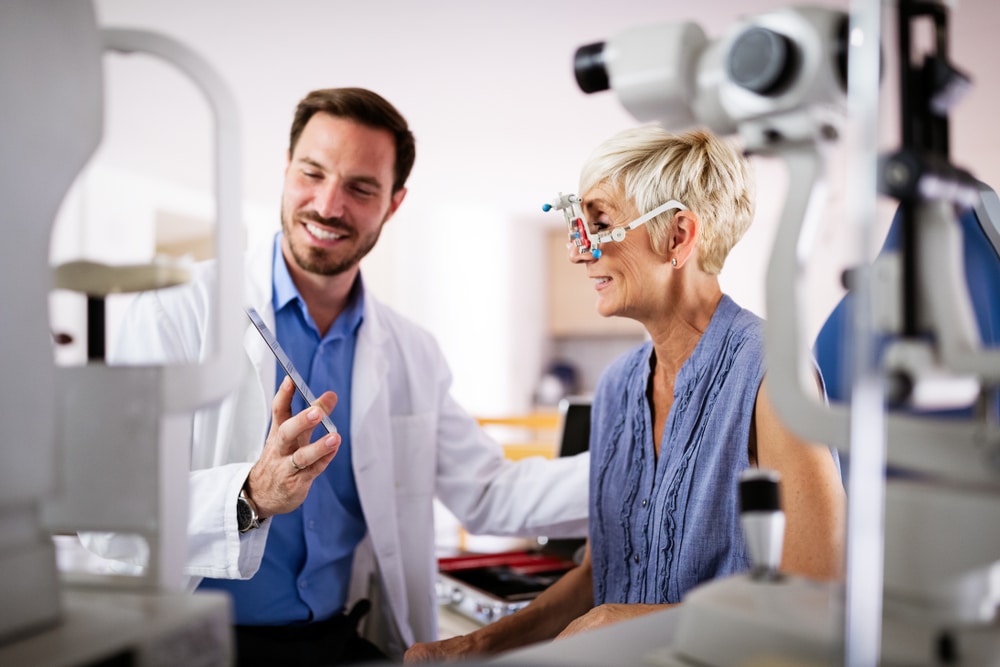
As you age, it’s important to learn about conditions that could impact your vision. One of the most common eye conditions among older adults is cataracts.
Although they’re very treatable, cataracts can still cause significant vision loss and impact your quality of life. Keep reading to learn more about 4 things your eye doctor wishes you knew about cataracts.
1. Cataracts are Typically Age-Related
Cataracts are cloudy patches that form on the natural lens of the eye and impair your vision. Typically, they develop as part of the natural aging process when the proteins within the lens begin to break down and form these clumps.
It is a very common condition, with over half of all Americans 80 and older having had cataracts. While you can still develop cataracts at a younger age, in the case of pediatric, congenital, or traumatic cataracts, they are much rarer.
2. Cataracts Often Don’t Show Symptoms in the Early Stages
Age-related cataracts tend to develop gradually over many years, meaning you could have cataracts and not even know it! However, once they progress, you may experience symptoms including:
- Blurry, cloudy vision
- Faded or yellowed vision
- Light sensitivity
- Halos and glares
- Double vision
- Trouble seeing at night or in low light
- Needing frequent prescription changes
These symptoms are not exclusive to cataracts, though, and could be signs of another condition. Your eye doctor at Colorado Eye Consultants can diagnose your cataracts during a routine eye exam.
They may perform tests such as a slit-lamp exam or visual acuity testing and develop a treatment plan for you based on your symptoms and diagnosis.
3. Cataract Surgery is the Only Way to Eliminate Cataracts
Once you have been diagnosed with cataracts, the only permanent treatment to restore your vision is cataract surgery. In the earlier stages of cataracts, you may be able to improve your vision with glasses and contacts.
However, these improvements are temporary, as your cataracts will continue progressing and impact your vision more. When they develop to the point where they are beginning to interfere with your ability to do things like drive, work, and socialize, it’s time to consider cataract surgery.
Your eye doctor at Colorado Eye Consultants can conduct a thorough consultation to determine whether you are a good candidate for the procedure and answer any questions you may have.
4. Premium IOLs Can Help You Achieve Visual Freedom
During cataract surgery, your surgeon will remove the cataract-affected natural lens and replace it with an intraocular lens, or IOL. IOLs come in many different varieties to suit different vision needs and lifestyles.
If you choose a premium IOL for your cataract surgery, you’ll have the opportunity to enjoy greater visual freedom and potentially reduce your reliance on glasses and contacts. The premium IOLs offered at Colorado Eye Consultants include:
Toric IOL
If you have astigmatism, toric IOLs can help correct your refractive error and offer you clearer vision.
Multifocal IOL
Multifocal IOLs can correct vision at multiple distances, offering patients reduced dependence on glasses and contacts. The multifocal lenses offered at Colorado Eye Consultants include the ReSTOR lens and TECNIS IOL.
Accommodating IOL
Accommodating IOLs like the Crystalens are made to change shape as your eyes’ muscles move, mimicking natural vision as closely as possible. It can also help patients enjoy greater visual freedom from glasses and contacts.
Light Adjustable Lens
If you want to enjoy the opportunity to personalize your vision after cataract surgery, the Light Adjustable Lens may be right for you. Through a series of non-invasive UV-light treatments, the lens can be shaped to match your desired visual outcome and allow you to experience fully customized vision.
At your cataract surgery consultation, your eye doctor can help you choose the lens that is best for you. Each IOL has different candidacy requirements and suits different lifestyles.
Do you think you may have cataracts? Schedule an appointment at Colorado Eye Consultants in Littleton, CO, today to be proactive about the health of your eyes!

